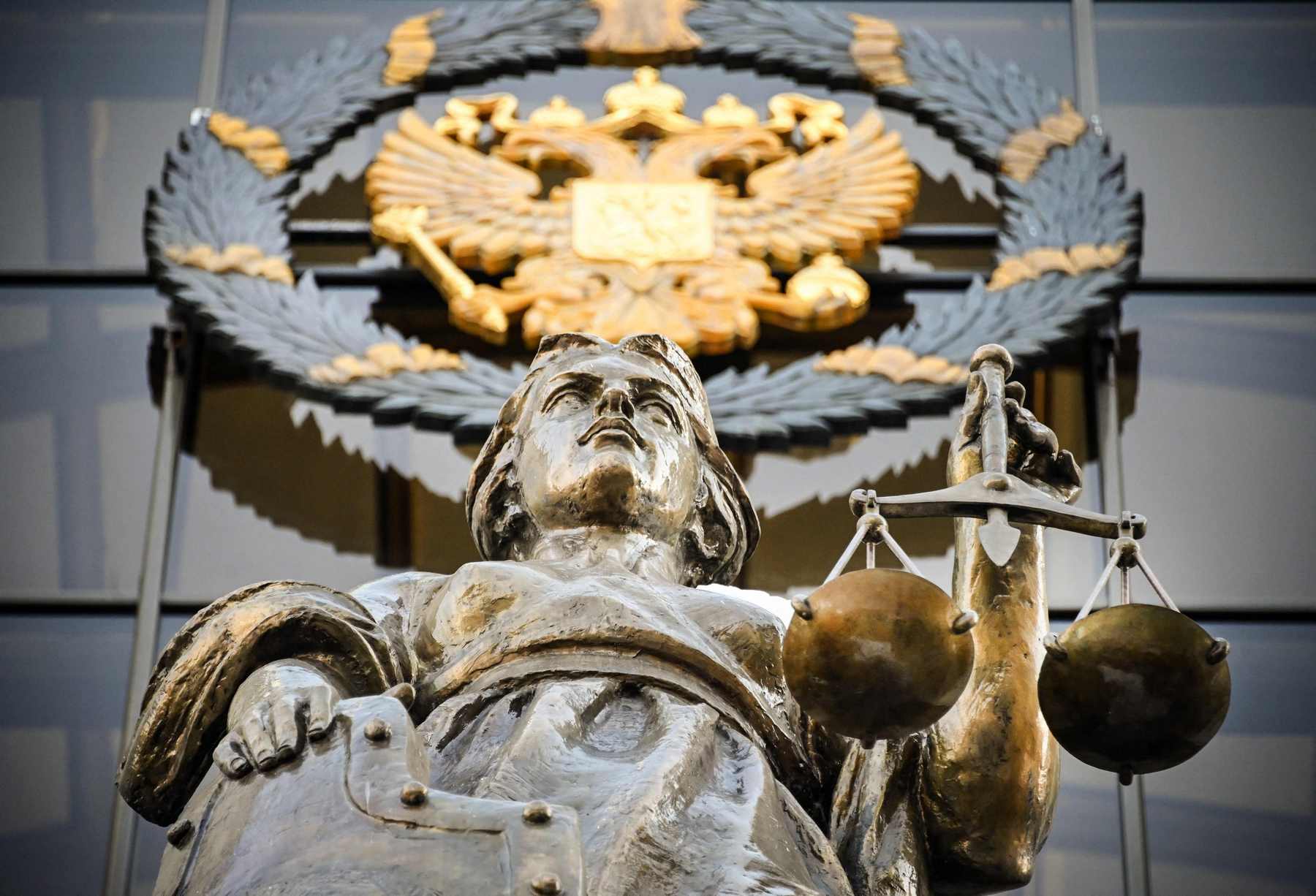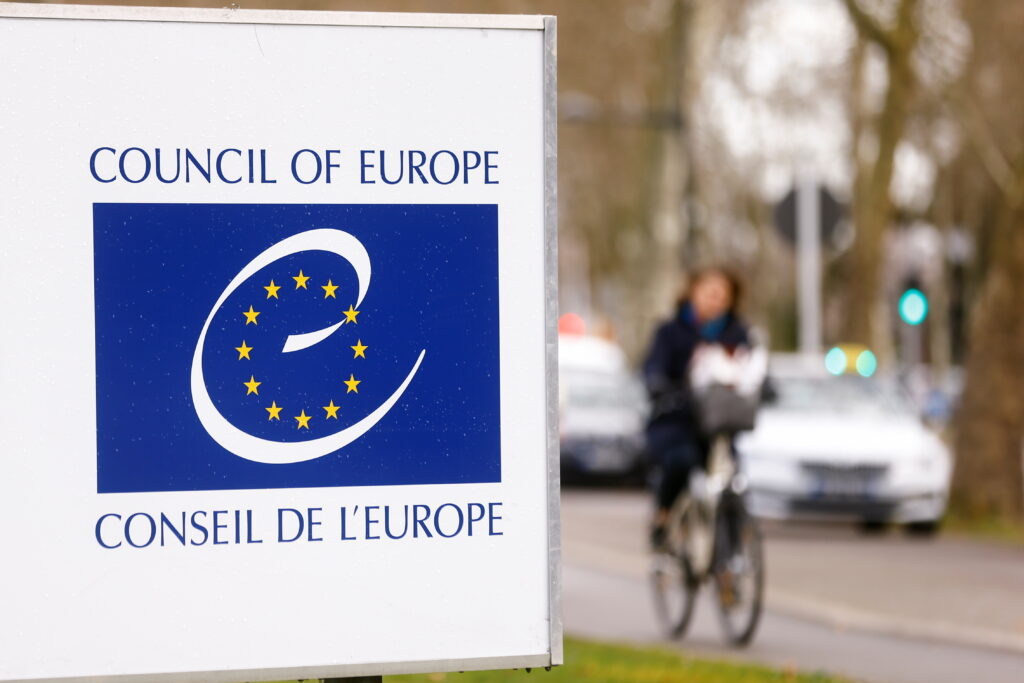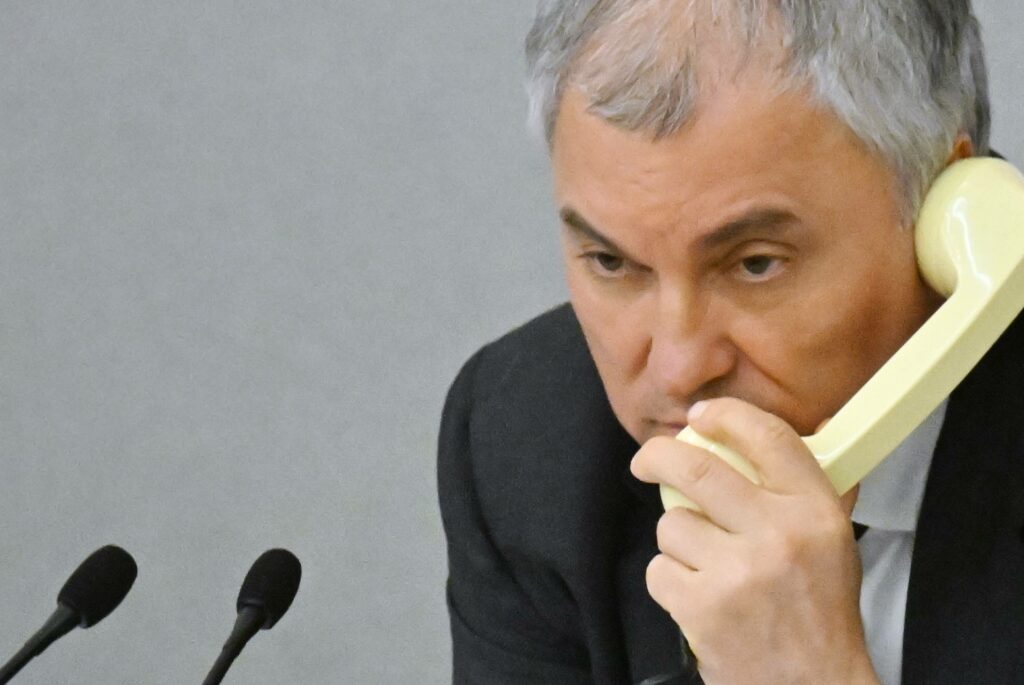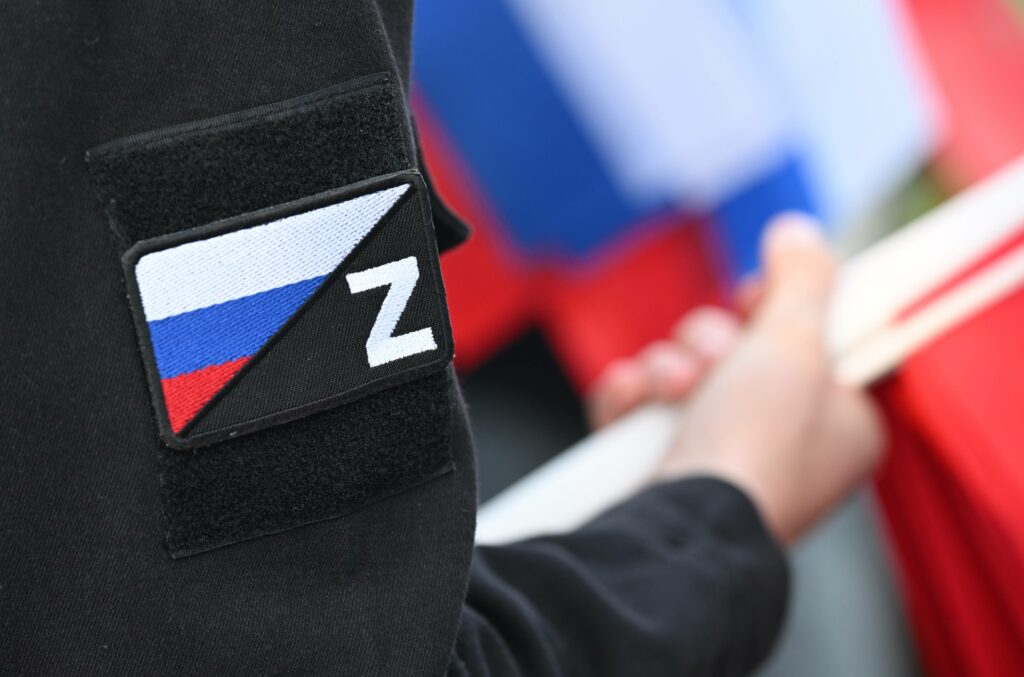In 2012, the European Commission for Democracy through Law (Venice Commission), while discussing the shortcomings of the Federal Law on Combating Extremist Activity, drew attention to the fact that ‘in the absence of clear criteria in the Law, too wide a margin of appreciation and subjectivity is left both in terms of the assessment of the material and in relation to the corresponding judicial procedure’. This also fully applies to the use of expert evidence in court when applying the Russian ‘Extremism Law’.
Problems with expert evidence in Russian courts
In the Russian public space, the issue of expert analysis designed to determine whether a particular text (or image) is ‘extremist’ – is constantly being raised. One of the most important guarantees of the soundness of expert evidence in court is the impartiality of the expert, who should be free of pressure from those who initiated the case and who are therefore interested in the expert’s giving anticipated answers to the questions posed.
In Russia, expert examinations are conducted on behalf of the Ministry of Justice (by the Russian Federal Centre of Forensic Science and regional laboratories of the Ministry of Justice), the Federal Security Service of the Russian Federation (regional criminal laboratories), the Ministry of the Interior (forensic science centres) and, more recently, the Investigative Committee (IC) (only the central forensic centre of the IC has been established so far). In addition, expert opinions are issued by non-governmental organisations and various academic centres, such as the Centre for Expert Advice of St. Petersburg State University.
Law specialists are doubtful whether experts affiliated with law enforcement agencies can be considered independent. The same goes for educational institutions. In 2018, for example, Alexander Panchenko, then a professor at St. Petersburg State University, was fired after signing an alternative official expert opinion in the case of the banning of books by Pastor Branham. In addition, there are known cases of pressure exerted by law enforcement agencies on the management of academic and educational institutions in order to attain the desired expert evidence. Under these circumstances, not only does the institution of independent expertise suffer, but so does the quality of the expert evidence provided.
Various expert associations can potentially improve the quality of experts’ work. Examples include GLEDID (Guild of Linguistic Experts in Documentation and Information Disputes), the recent Amicus Curiae project and the Dissernet project, which publishes reviews of the most controversial expert opinions. The Russian authorities have repeatedly proposed a state licensing system for such expert activities, which would further compromise independent expert examination.
Another important issue is the role of expert evidence in court in Russian anti-extremist proceedings. In such cases, experts are asked to identify indicators of hate speech in the texts or images under examination. As a rule, linguists and psychologists are involved as experts in such cases. ‘Battles of experts’, spanning from investigations into incitement of hostility and hatred dating back to the 1990s to trials on ‘insulting the feelings of believers’ in the 2000s, have sparked a debate about professional standards for expert evidence in Russia.
Yet another serious problem has been the unequal status of expert evidence and examinations: while expert evidence is produced by an ‘expert’ commissioned by the investigation or the court, an examination is conducted by a professional usually at the request of the defence. The expert evidence is included in the case file (and most often the case is initiated on its basis), while the examination is provided by the defence and is most often considered by the court as part of ‘other evidence’. This disbalance was partially resolved in 2010 when the Supreme Court gave professionals the right to participate in assessments of the professional component of expert opinions used as evidence in court. More often than not, however, courts disregard criticism contained in expert reports and prefer not to undermine the professionalism and objectivity of expert evidence. Other problems with experts have remained unresolved – above all, crossing the line and answering legal questions. This refers to situations where experts address legal questions, such as whether texts contain ‘incitement to extremism’, although this should be determined by the court. In addition, the high degree of legal uncertainty (i.e. the ambiguity, vagueness and incongruity of the legislation itself) allows the investigation and experts representing the prosecution to interpret the provisions of the legislation broadly.
As a result of the court’s reliance on the content and conclusions presented in expert opinions, ‘scientific’ concepts are mixed with not only ideologically underpinned theories such as geopolitics but also openly anti-scientific theories (such as neurolinguistic programming) and even conspiracy theories (such as the ‘Dulles’ Plan’). The Dissernet project, in cooperation with the Amicus Curiae network, has assembled a collection of such expert opinions, including those provided by researchers from Russian universities and academic institutions. In a number of cases, an academic text turns into an ideological denunciation or an openly obscurantist text in which an expert opinion based on academic expertise in the field of religious studies is supplanted by orthodox theology, as was the case with the expert opinions in the Pussy Riot case.
Criticism by the European Court of Human Rights (ECtHR)
The issue of the poor professional quality and bias typical of Russian expert evidence in court has been raised in a number of ECtHR judgments. One may recall, for example, Matytsina v. Russia (2014), in which the Court raised concerns about the unfair handling of expert evidence in the proceedings in a case concerning the hypothetical harm of engaging in various health-related practices, which, according to the prosecution, led to the aggravation of the mental illness of the aggrieved party, who had previously participated in courses conducted by Ms Matytsina, the yoga instructor. The ECtHR noted that the courts’ unlawful refusal to admit expert opinions and other arbitrary actions on the part of the courts in relation to those opinions whenever they did not fit the prosecution’s line of argumentation had directly violated Article 6 § 1 of the European Convention on Human Rights (ECHR).
In the case of Stanislav Dmitriyevskiy (2017) v. Russia, the human rights defender from Nizhniy Novgorod was convicted for publishing public statements by the Chechen separatists Aslan Maskhadov and Akhmed Zakayev. The ECtHR drew attention to the fact that the linguistic expert in this case responded to legal questions and thereby stepped into the court’s shoes. The ECtHR also noted that the Russian judges had failed to assess the very opinions in which the expert, Larisa Teslenko, clearly went beyond purely linguistic issues (for example, she asserted that Dmitriyevskiy had ‘incited discord and hatred’ against social groups, calling them ‘the leadership of the Russian Empire’ and ‘the insane, bloodthirsty Kremlin regime’) and, in fact, the expert assessed the applicant’s actions from a legal perspective. In the ECtHR’s view, the expert addressed the investigators’ question as to whether the applicant’s text contained ‘calls for extremist activity’, a question which lies exclusively within the competence of the court. Furthermore, the Russian judges did not analyse the allegations made by Dmitriyevskiy, effectively leaving this task entirely to the prosecution’s expert and ignoring the alternative examination. As a result, the ECtHR held that there had been a violation of Article 10 (freedom of expression) of the ECHR in the Dmitriyevskiy case.
In the case of Ibragim Ibragimov and Others v. Russia (2018), which concerned a legal challenge to the ban on books written by the Islamic theologian Said Nursi and published in in Russia, the ECtHR also drew attention to the fact that the decisions by the Russian courts were based on the findings of a linguist and psychologist and ignored the opinion of religious scholars. At the same time, the allegations of incitement to discord were not supported by the actual quotations, and one of the Russian judges admitted that he had not read the book at all and trusted the quotations chosen by the prosecution’s experts.
These ECtHR decisions highlight the main shortcomings that exist in Russian law around the use of expert examinations and evidence: the expert’s tackling of legal questions, the court’s refusal to examine the content of the statements under discussion and the reassignment of this role to the expert. As a result, the expert’s answers to legal questions are not subject to further discussion; they affect judicial decisions and undermine their quality.
Response to criticism
The issue of expert evidence in court was discussed quite seriously in a resolution published by the Supreme Court in 2011. The document stated that an expert could not answer legal questions and that linguistic examinations should focus on the meaning of a text, and that experts in other fields in the humanities could be engaged if necessary. Importantly, this resolution also addressed the role of specialists who could assist the defence in assessing the scientific component of expert opinions prepared by the prosecution.
In 2018, the Supreme Court elaborated that ‘when assessing expert evidence in extremism-related cases, courts should bear in mind that it is not a judicial opinion’. Accordingly, the question of whether a particular message is extremist must be decided by the court. This amendment follows decisions by the ECtHR.
On 29 June 2021, the Plenum of the Supreme Court amended its resolution, stating that ‘whenever an expert opinion contains conclusions on the legal assessment of an act or the credibility of the evidence provided by individuals under examination, it cannot be regarded as admissible evidence to that extent’. At the same time, the Supreme Court removed from the resolution all references to the possibility of engaging specialists ‘to assist in assessing an expert opinion and examining the expert’ (i.e. to review expert evidence). This deprives the defence of a rather important tool for defending its legal position, although it remains possible to provide an alternative expert opinion on disputed materials. In return, the defence receives only an additional ban on asking experts legal questions. This ban had existed before but did not really prevent the investigation or the court from asking such questions.
The developments in the area of expert evidence in court can be considered a setback: the 2010 ruling somewhat improved the situation regarding the involvement of experts for the defence in discussing the scientific soundness of expert opinions, whereas the later amendments reversed this trend. Experts are now unable to assess the scientific content of an expert opinion prepared by the prosecution. This makes the position of the defence even more difficult and clearly violates the adversarial principle.
In the past, although expert opinions did not always influence the outcome of a case, they could be used for appeal, cassation and for the ECtHR as an independent assessment of the scientific component of expert evidence. In response to the ECtHR’s criticism, the Supreme Court confirmed the inadmissibility of discussing legal issues in expert opinions but effectively excluded specialists from the process, i.e. those who had provided the defence with critical evaluations of expert opinions. The courts must now evaluate the scientific component of an expert opinion on their own, as they cannot engage specialists for this purpose. As a result, this will lead to an increase in the number of unprofessional and biased expert opinions.
What could improve the situation in this aspect of the administration of justice? A step in the right direction would be to return to the right to review expert evidence provided for in previous versions of the resolution of the Supreme Court of the Russian Federation. In addition, a minimum scientific standard should be applied, as is the case in a number of other countries.
International standards and Russian practice
In 1923, a dispute in the United States over the applicability of questioned polygraph results in court led to a standard which took its name from a man accused of murder based on testimony verified by a ‘lie detector’. Since then, the Frye standard (or general acceptance test for scientific evidence) has required that scientific opinion presented in court as evidence be generally accepted by a substantial part of the scientific community. This refers to the procedure, principles and techniques of investigation whose results are used as evidence in court. In a practical sense, the point is that, in a situation where the conclusions of a particular expert opinion are called into question, the party providing it in court has to prove that the approach taken is scientific and that there is a solid scientific tradition behind it. The Frye standard has since been replaced by the Daubert standard, which requires judges to test expert evidence against the following criteria before admitting it:
- The expert’s technique or theory can be tested and assessed for reliability (verification principle).
- The technique or theory has been subject to peer review and publication (principle of scientific recognition).
- The potential rate of error of the technique or theory is known (error rate principle).
In the legal systems of the EU, which are more similar to that of Russia, there are analogous provisions for the assessment of expert opinions in terms of professionalism and scientific soundness. In the Netherlands, for example, the courts have to determine whether an expert is capable of providing the relevant examination, which methods they applied, to what extent the methods and conclusions are reliable, and how competent the expert is in the application of the method they have indicated. In France, the credibility of an expert’s findings is assessed in terms of the expert’s professional credentials (proficiency in examining the case and an understanding of their role in the proceedings, professional impartiality, competence) and the reliability of the methods applied.
Very similar standards are described in the recommendations for Russian judges, but the scientific component is represented only by the category of ‘scientific validity’. When it comes to expert evidence, the Plenum of the Supreme Court itself determined in 2010 that an assessment of the scientific validity of the expert methodology, the boundary conditions for its application, and the admissibility of the selected methodology in a given case is required. The main problem is that the content of this assessment procedure is not described in the Plenum’s resolution.
In Russia, in contrast to all of the international examples cited above, there is no step involving an assessment of the scientific validity of expert evidence. This stage precedes the trial, and it is precisely at this point that the court can dismiss the evidence as failing the scientific validity test. In the case of Russian proceedings, this process is part of the discussion of the evidence, and it is assumed that the court looks into the required parameters during the trial: the scientific relevance of the expert methodology, its admissibility and the boundary conditions for its application. In a situation where there is an outright ban on the participation of an expert in this process, the scientific component of the expert evidence is to be discussed by the prosecutor, the defence lawyer and the judges, i.e. by people without expert knowledge in the field under discussion. In addition, there are few real cases in which the court has seriously discussed the scientific component of an expert opinion.
The only successful example where a scientifically unsound expert opinion was overturned in court is the case of a special ruling against an expert named Fedyaev that was attained by the lawyers Andrei Sabinin and Alexander Popkov in a Krasnodar court: they managed to prove that the expert opinion prepared by the expert on behalf of the Krasnodar Ministry of the Interior was not scientifically sound. Despite the ruling to take action against Fedyaev, however, he continues to work in his position.
The only solution is to introduce an institution for the pre-trial assessment of the admissibility of expert evidence (along the lines of the Frye or Daubert standards): in such a case, the defence would at least be able to react to blatantly anti-scientific or biased expert opinions.
*This article is part of the ‘Reforms’ series prepared by Riddle in partnership with Reforum project.










